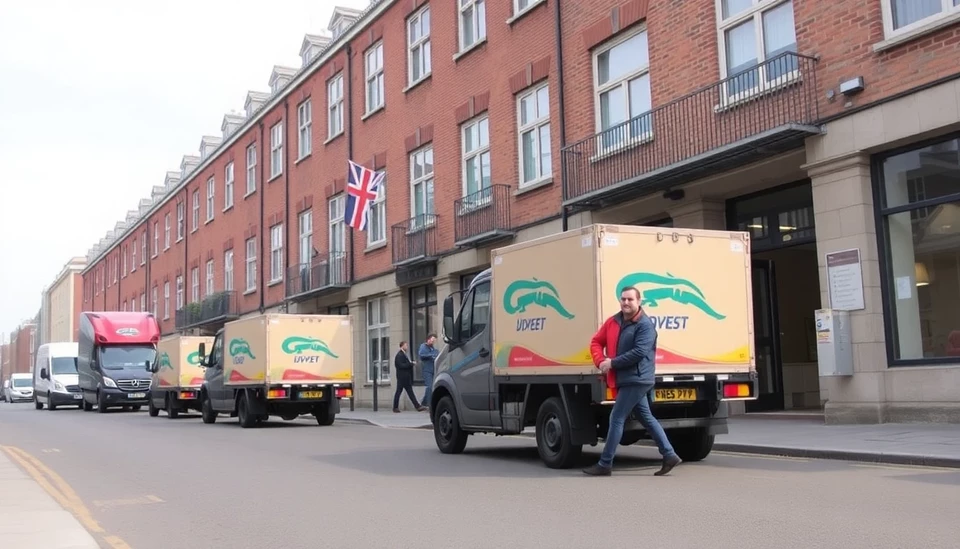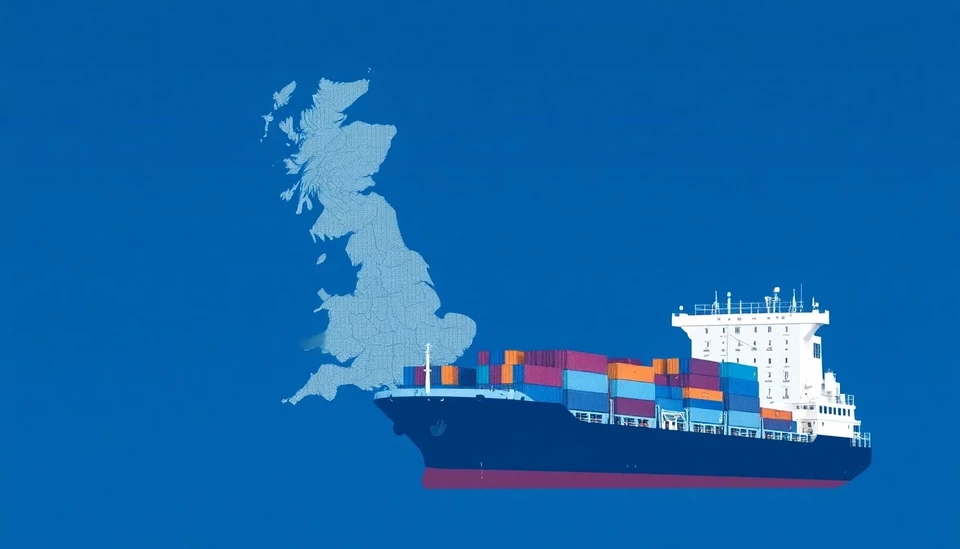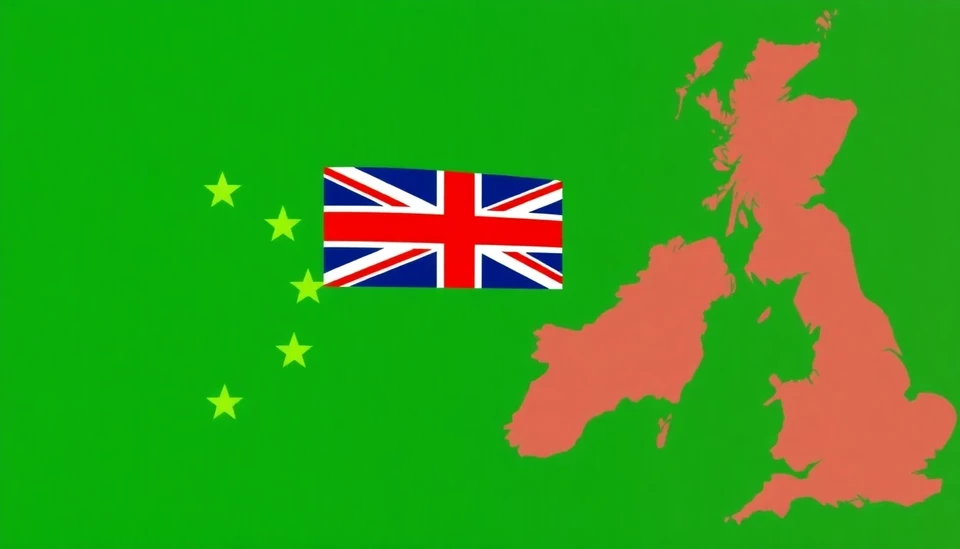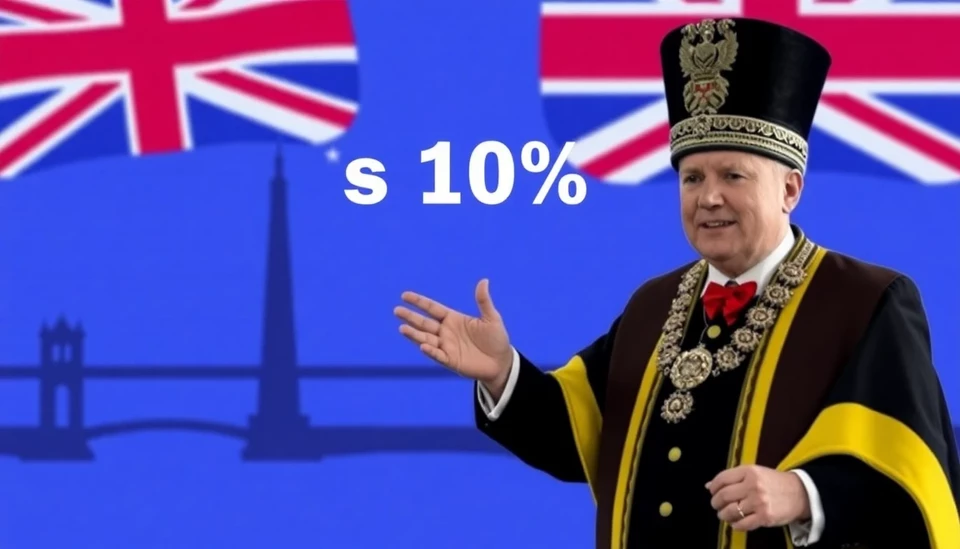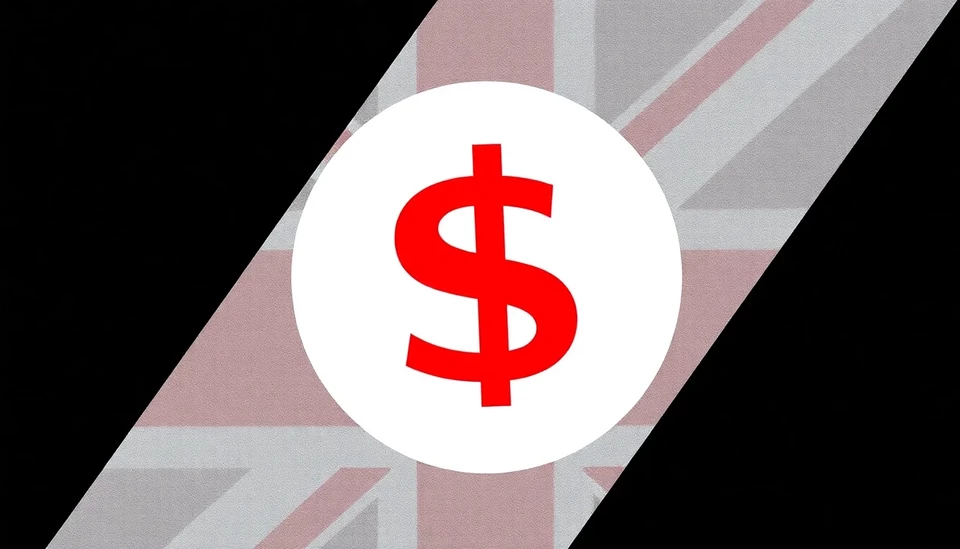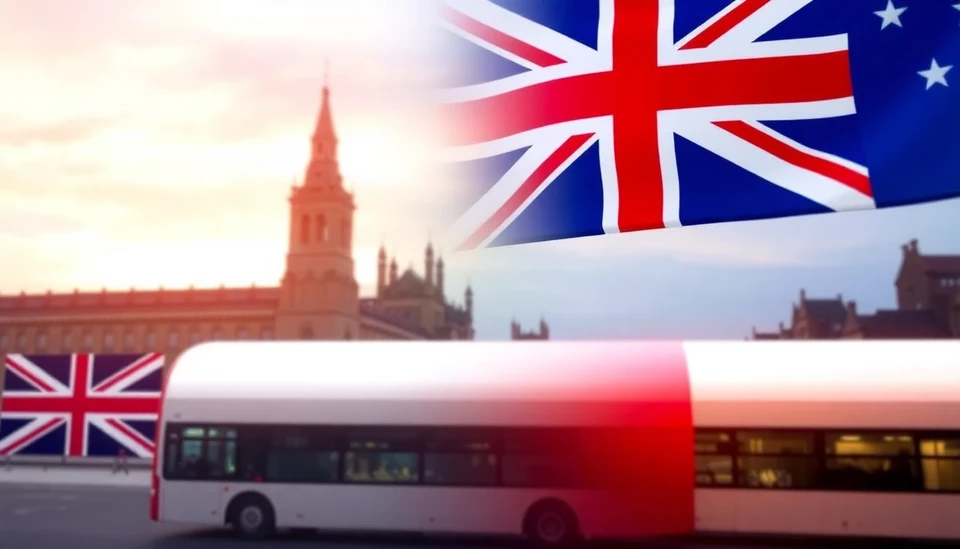
In a significant diplomatic maneuver, the United Kingdom has chosen not to engage in a swift counteraction against newly imposed tariffs by the United States. This decision reflects a careful calculation that seeks to maintain economic stability and avoid a potential trade war with its transatlantic ally.
The US government recently announced tariffs on several British goods, which has raised concerns over potential repercussions in the global trading environment. However, UK officials have opted for a more measured response, recognizing the broader implications of an escalating trade conflict not only on the economy but also on ongoing negotiations with European partners.
According to sources within the UK government, officials believe that a retaliatory approach could jeopardize existing economic relationships, both with the US and with European nations. The UK is currently embarking on its own post-Brexit trade strategy, and a tit-for-tat tariff exchange may undermine the progress made thus far.
The UK’s decision has been met with both support and criticism. Proponents argue that this approach is essential to avoid further destabilizing the already fragile economic climate shaped by Brexit uncertainties. They contend that patience and dialogue are vital for sustaining trade ties and fostering conducive negotiations in international trade agreements.
Conversely, critics warn that the lack of a strong response may embolden the US administration to impose further tariffs, potentially diminishing the UK’s bargaining power on other trade issues. Industry leaders and economic analysts are particularly concerned about the impact on British manufacturers who rely heavily on exports and transatlantic trade.
Experts suggest that the UK government is likely to seek a diplomatic resolution through dialogue with US representatives. This could involve discussions aimed at negotiating exemptions or reconsiderations of the tariff impositions. In the meantime, the UK is exploring alternative markets and strengthening trade relationships with other global partners, diversifying its economic interactions post-Brexit.
This strategic decision not to respond immediately to US tariffs signifies a complex balancing act for the UK. As it strives to navigate the intricacies of post-Brexit trade, the government must carefully consider both domestic economic pressures and international diplomatic relations. The outcome of these choices will play a crucial role in shaping the future of the UK's global trade strategy.
As the situation evolves, industry observers will closely monitor both the UK’s economic indicators and the responses from the US government to better understand the potential ramifications of this pivotal decision.
In conclusion, the UK’s decision to refrain from immediate retaliation to US tariffs highlights the interplay between economic stability and diplomatic relations. As both nations navigate this complex terrain, the actions taken in the coming weeks will undoubtedly have far-reaching implications for trade dynamics on both sides of the Atlantic.
#UKTrade #USTariffs #PostBrexit #EconomicStrategy #InternationalRelations #Tariffs #Diplomacy
Author: Daniel Foster
